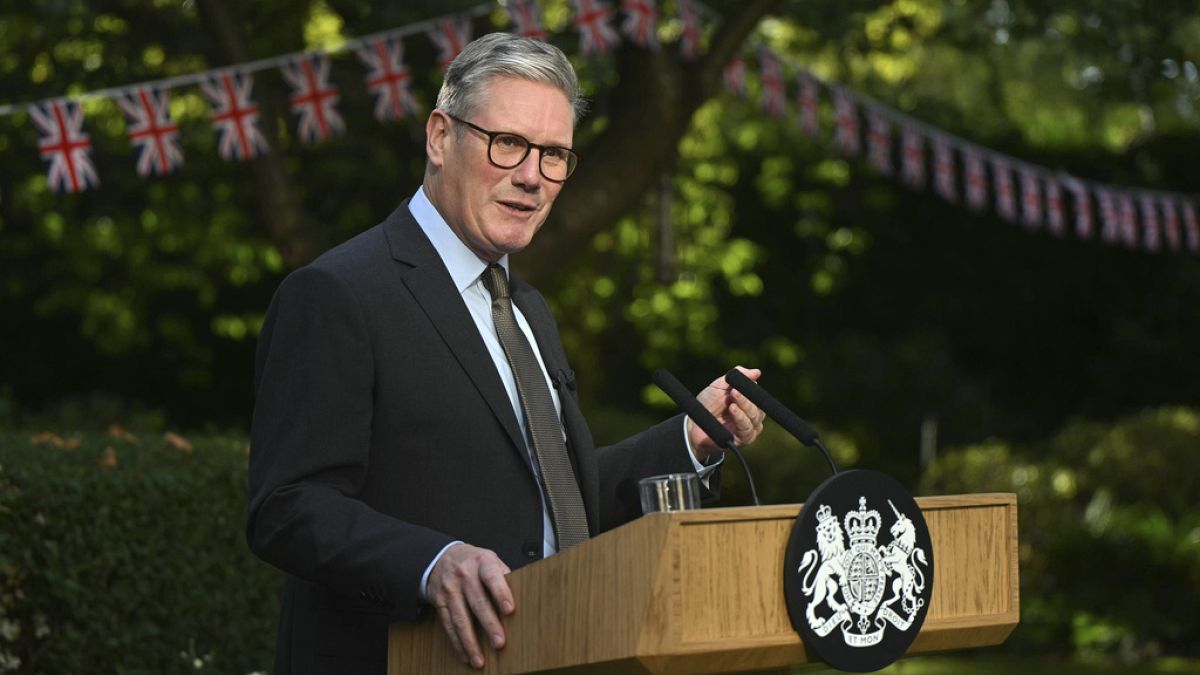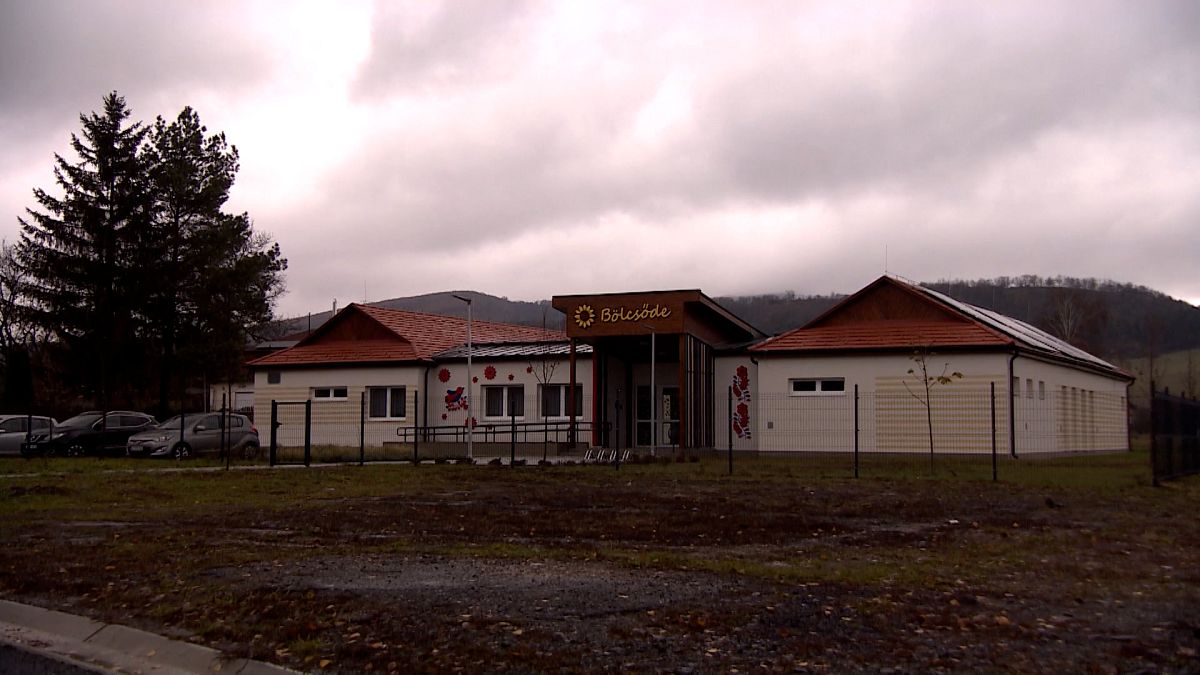Georgia protests escalate, demonstrators clash with police after EU talks halted
Thousands of protesters rallied in Tbilisi for a second night over the government’s decision to suspend EU membership negotiations.
Thousands of protesters marched outside Georgia’s parliament in Tbilisi for a second night on Friday, some of them clashing with police, as they rallied against the government’s decision to suspend European Union membership negotiations.
“Throughout the night … protesters threw various objects, including stones, pyrotechnics, glass bottles, and metal items, at law enforcement officers,” the interior ministry said in a statement on Saturday. Ten ministry employees were injured in the violence, it added.
The ministry said 107 people were arrested for “disobedience to lawful police orders and petty hooliganism” in Friday’s demonstrations.
The unrest followed a turbulent Thursday night when police used water cannons, pepper spray and tear gas to disperse crowds after Prime Minister Irakli Kobakhidze of the ruling Georgian Dream party announced the suspension.
President Salome Zourabichvili joined protesters on Thursday, accusing the government of declaring “war” on its own people. The interior ministry said 43 protesters were detained after Thursday protests.
The government’s decision to suspend EU membership negotiations came just hours after the European Parliament passed a resolution on Thursday condemning last month’s election as not “free and fair” and calling for a rerun under international supervision.
In late October, the European Commission delivered a critical progress report on Georgia’s EU accession, putting the country’s membership aspirations on ice.
The Oct. 26 election in Georgia sparked controversy as opposition parties alleged widespread fraud, rejected their parliamentary mandates, and called for a rerun.
Zourabichvili also challenged the results in the Constitutional Court, but the ruling Georgian Dream party dismissed the appeal, violating constitutional norms, and proceeded to approve both the parliament and the government cabinet.
Despite receiving EU candidate status last December with reform conditions, Georgia’s Moscow-aligned government has embraced authoritarian measures, including a Russian-style law and anti-LGBTQ+ legislation, actions widely criticized as efforts to derail the country’s EU accession.
What's Your Reaction?



















































